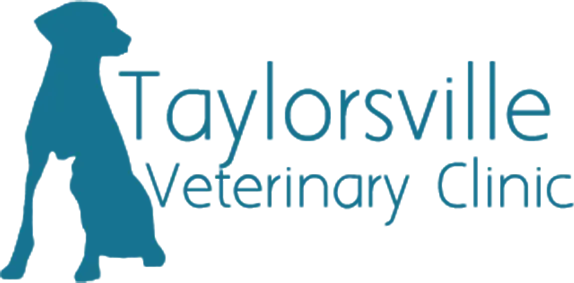March is Poison Prevention Month. This is an important topic here in the veterinary world. Pets don’t know what is and isn’t safe for them, so it’s very easy for them to accidentally ingest something toxic. Read on for some tips on poison prevention from a Westminster, MD veterinarian.
Limit Chemical Exposure
The average household contains quite a few chemicals that are toxic to pets. Antifreeze, cleaning agents, lawn and garden products … these are just a few of the things that could make your animal companion sick. Keep your pet in separate areas when using chemicals, and mop up any spills immediately. Also, store anything that’s toxic out of paws’ reach. That applies to medicines, too!
Check Your Plants
Plants are often a source of poisoning in pets. Lilies, for example, are extremely toxic to cats. Other unsafe plants include sago palms, oleanders, tulips, daffodils, and rhododendrons. Make sure that none of the plants in your house or yard are dangerous to your pet. You can find more information—and a complete list—on the ASPCA website here .
Be Aware Of Unsafe Foods
Foods are often a source of poisoning for pets. Some of our favorite foods can be fatal to our animal companions. Grapes are one example. Some dogs have gone into kidney failure from eating a single grape! Other unsafe foods include garlic, onions, scallions, and chives; chocolate; avocado; and anything that contains xylitol. Ask your vet for more information.
Monitor Recalls
Another thing you can do is monitor pet food recalls. You can do that at the AMVA site here , or the FDA website here . Or, just set up some email alerts for yourself. Better safe than sorry!
Be Prepared
Unfortunately, no matter what you do, there’s no way to completely guarantee that your pet will never ingest anything toxic. That’s why we always advise being prepared. One thing you can do is have a pet first aid kit on hand. This should contain both charcoal and hydrogen peroxide. However, you shouldn’t administer either without talking to your vet or a pet poison specialist. Keep the Pet Poison Helpline number on hand. That number is (855) 764-7661. (Charges may apply.) You’ll also want to have ours ready. That number is (410) 875-5437.
Please contact us if ever we can be of assistance. As your local Westminster, MD veterinary clinic, we are here to help!
